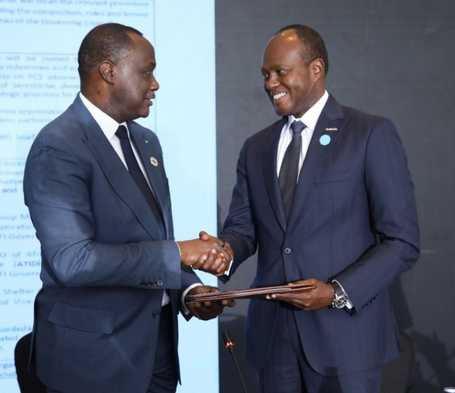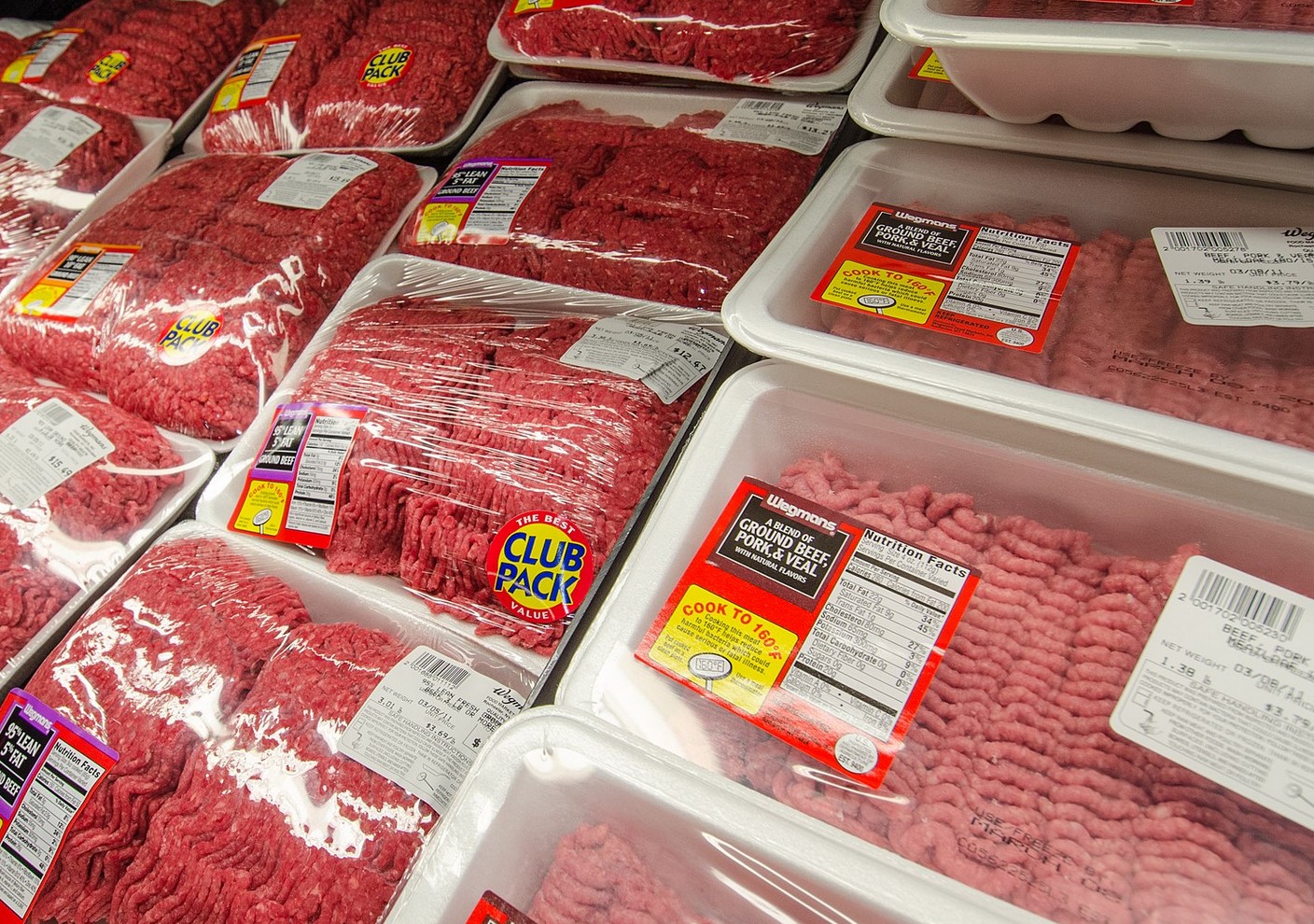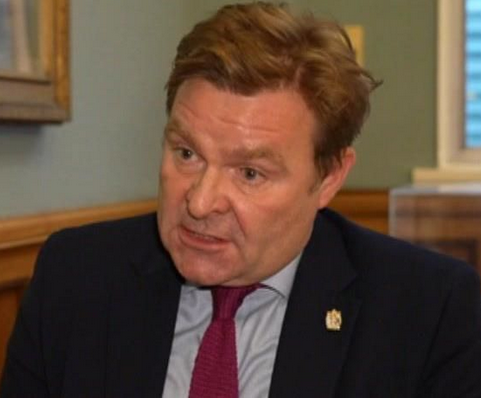The UK Government is set to pay out tens of millions of pounds to restart production of carbon dioxide at a key plant in the UK amid fears over food supplies and the nuclear industry.
They will meet the full operating costs to run CF Industries' Teesside plant for three weeks.
US-owned CF Industries recently shut two sites that produce 60% of the UK's commercial carbon dioxide supplies. The plant in Billingham will need up to three days to start producing new CO2.
Environment Secretary George Eustice stated that the deal with CF Industries will be not a loan, it will be a payment to underwrite some of their fixed costs. CF Industries had halted two of its fertiliser factories - which produce carbon dioxide as a by-product - because of soaring gas prices.
Farms, food producers and supermarkets have warned that a shortage of carbon dioxide will lead to significant disruption to the manufacturer and supply of fresh produce. The government said it would provide support for CF Fertilisers' operating costs for three weeks whilst the CO2 market adapts to global prices. There will be a cap to the overall cost.
Business Secretary Kwasi Kwarteng said that the exceptional short-term arrangement would ensure industries that rely on a stable supply of CO2 have the resources they require to avoid disruption. However, only one of CF Industries' plants will reopen - its Cheshire site remains closed - and it will take about three days to restart CO2 production.
Tony Will, chief executive at CF Industries, who flew from the US to the UK on Sunday to meet Mr Kwarteng, said: "We look forward to working with Secretary Kwarteng and the UK government on developing a longer-term solution, including the development of alternative suppliers of CO2 for the UK market." The business secretary previously ruled out nationalising the company, although providing financial support is still seen as an unusual move.
Andrew Opie, director of food and sustainability at the British Retail Consortium, welcomed the decision, but said that the timetable to restart CF Industries' factory and start producing carbon dioxide will still be tight. He said: "Our understanding is that provided that carbon dioxide starts to get through to food producers by the end of the week, then we can avert major and significant disruption in our stores."
Mr Eustice warned that the food industry would face a sharp rise in carbon dioxide prices. He said that the industry is recognising...they will need to pay more for that carbon dioxide, but unless we were to take this action this week, we could have had supply chain issues, for poultry in particular, by the beginning of next week and no government could allow that to happen.
Ian Wright, the chief executive of the Food and Drink Federation, said that consumers could start noticing shortages in poultry, pork and bakery products within days. "We probably have about 10 days before this gets to the point where consumers, shoppers and diners notice that those products are not available," he said.
"It is a real crisis." He added that poultry and pork production would be seriously affected by the end of this week without intervention. He also called on the government to support other fertiliser producers and help food producers to look for alternatives to CO2.
It is understood that the deal with CF Industries has been drafted so that other companies who stop production due to high commodity prices will not be able to ask the government for similar help. Norwegian firm Yara has also cut production at a number of European factories, including one in Hull.
Mr Kwarteng had said previously that time is of the essence in organising the deal with CF Industries, acknowledging that it may come at some cost. A spokesperson for the British Meat Processors Association said that a key question for the industry was when will the plants be back on stream, as every day of disruption has knock-on effects for the meat processing industry.
The president of the National Farmers' Union, Minette Batters, added: "It's important this restart is meaningful and sustained. Users of carbon dioxide were given little to no warning that supplies were going to be cut off - an indication of market failure in a sector supporting our critical national infrastructure."
Prime Minister Boris Johnson urged people not to worry about putting food on the table this winter, amid rising energy and food bills and a cut to universal credit. Wholesale prices for gas have surged 250% since January, with a 70% rise since August alone, leading to calls for support from the industry, and the collapse of some smaller energy firms.
The resulting shortage of carbon dioxide saw warnings about the potential impact on food suppliers, as well as the NHS and the nuclear industry, where it is used as a coolant. Mr Opie added that the government should also take action on other issues affecting food retailers in recent weeks, such as the shortage of HGV drivers, which has been exacerbated by the pandemic and many drivers returning to the European Union after Brexit.











